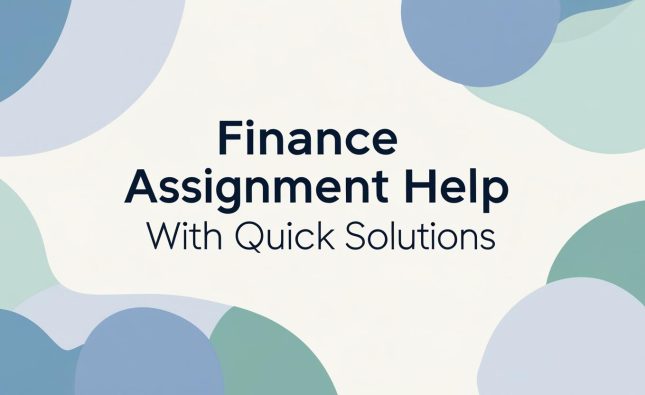
Introduction:
Introducing Alex Turner, a financial technology enthusiast with a keen interest in the evolution of payment platforms across borders. With a deep understanding of both traditional banking systems and cutting-edge fintech innovations, Alex provides insights into how businesses adapt to the changing landscape of global finance. In this article, he traces the evolution of world finance payment platforms and examines how businesses navigate cross-border transactions in today’s interconnected global economy.
1. From Traditional Banking to Digital Disruption
Alex begins by exploring the transition from traditional banking to digital disruption in the world of finance. He highlights the emergence of early payment platforms, such as wire transfers and letters of credit, and discusses how technological advancements paved the way for modern payment solutions that transcend geographical boundaries.
2. Rise of Digital Payment Platforms

The rise of digital payment platforms has transformed the way businesses conduct transactions globally. Alex examines the growth of platforms like PayPal, Stripe, and Square, which offer businesses seamless ways to send and receive payments across borders. He discusses the advantages of digital payment platforms, including speed, convenience, and accessibility.
3. Introduction of Mobile Wallets
Mobile wallets have become increasingly popular as a convenient way to make payments, particularly in regions with high smartphone penetration. Alex discusses the introduction of mobile wallets like Apple Pay, Google Pay, and Samsung Pay, which enable users to store payment information securely and make purchases with a tap of their phone.
4. Expansion of Cryptocurrency
Cryptocurrency has emerged as a disruptive force in the world of finance, offering decentralized and borderless payment solutions. Alex explores the expansion of cryptocurrencies like Bitcoin, Ethereum, and Ripple, which enable peer-to-peer transactions without the need for intermediaries. He discusses the potential of blockchain technology to revolutionize cross-border payments.
5. Integration of Cross-Border Payment APIs
Cross-border payment APIs have simplified the process of conducting transactions between different countries and currencies. Alex examines how businesses leverage APIs provided by financial institutions and fintech companies to seamlessly integrate cross-border payment capabilities into their platforms, enabling efficient and cost-effective transactions worldwide.
6. Adoption of Central Bank Digital Currencies (CBDCs)

Central banks are exploring the concept of central bank digital currencies (CBDCs) as a means to modernize payment systems and enhance financial inclusion. Alex discusses the potential impact of CBDCs on cross-border transactions, including faster settlement times, reduced transaction costs, and increased transparency and security.
7. Embracing Open Banking Initiatives
Open banking initiatives aim to promote competition and innovation in the financial sector by allowing third-party developers to access banking data through APIs. Alex explores how open banking initiatives enable businesses to access a wider range of financial services and integrate payment functionalities into their platforms more seamlessly.
8. Future Trends in World Finance Payment Platforms
Looking ahead, Alex predicts that world finance payment platforms will continue to evolve rapidly, driven by advancements in technology and changing consumer preferences. He discusses emerging trends such as decentralized finance (DeFi), real-time payment systems, and the Internet of Things (IoT), which are poised to shape the future of cross-border transactions.
Key Points Summary Table:
| Section | Key Points Covered |
|---|---|
| From Traditional Banking to Digital Disruption | Emergence of early payment platforms, technological advancements |
| Rise of Digital Payment Platforms | PayPal, Stripe, Square, speed, convenience, accessibility |
| Introduction of Mobile Wallets | Apple Pay, Google Pay, Samsung Pay, secure payment information |
| Expansion of Cryptocurrency | Bitcoin, Ethereum, Ripple, decentralized and borderless payments |
| Integration of Cross-Border Payment APIs | Seamless integration, efficient and cost-effective transactions |
| Adoption of Central Bank Digital Currencies (CBDCs) | Faster settlement times, reduced transaction costs |
| Embracing Open Banking Initiatives | Access to a wider range of financial services, increased competition |
| Future Trends in World Finance Payment Platforms | DeFi, real-time payment systems, IoT, shaping cross-border transactions |
By understanding the evolution of world finance payment platforms and adapting to emerging trends, businesses can navigate cross-border transactions efficiently and capitalize on new opportunities in the global marketplace.










